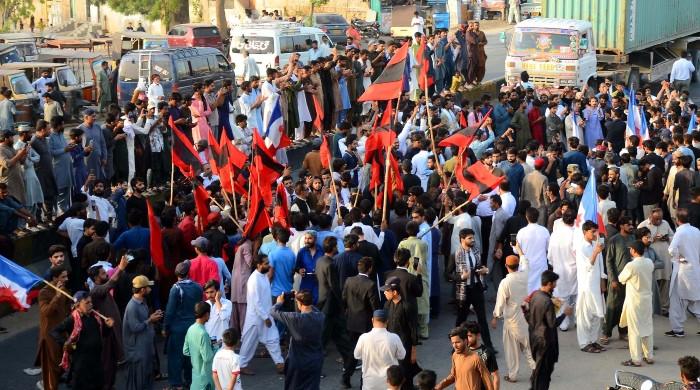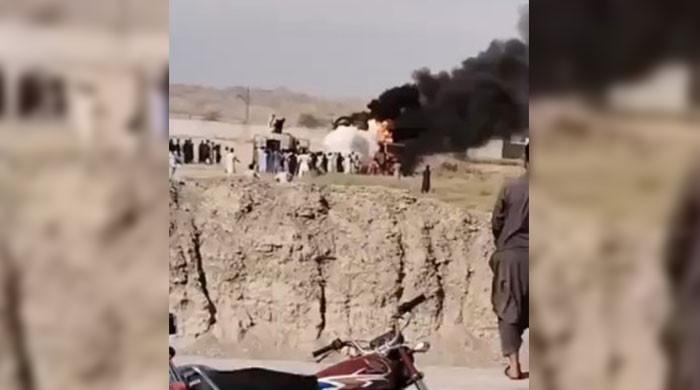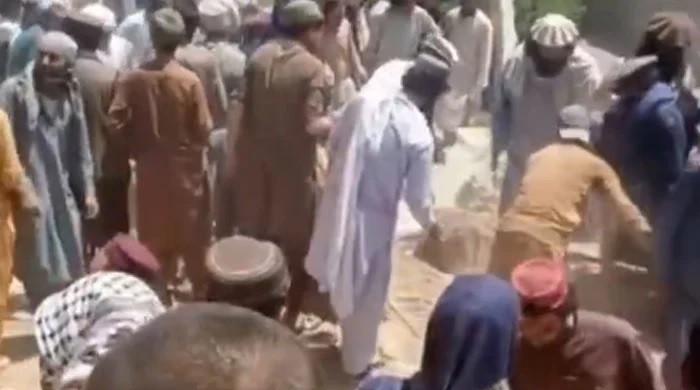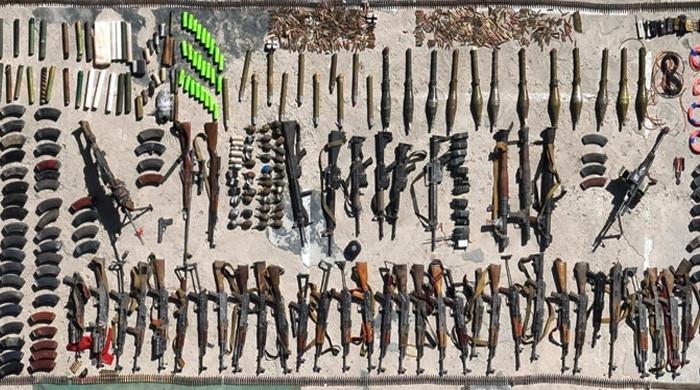Flood victims hit by disease outbreak as Pakistan faces its 'toughest times'
Skin infections, diarrhoea, and malaria are rampant in parts of Pakistan's flood-ravaged regions
September 21, 2022
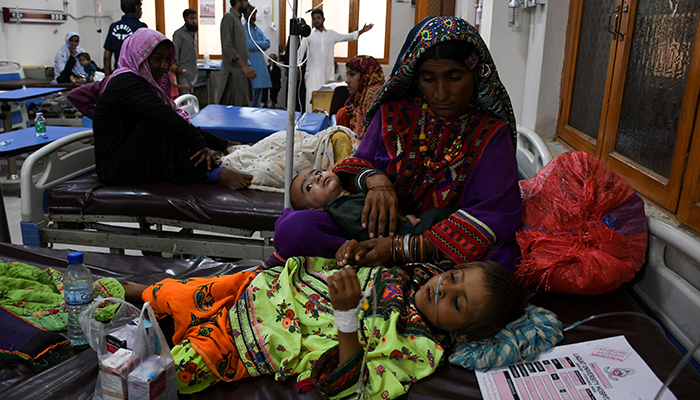
- Skin infections, diarrhoea, malaria rampant in flood-ravaged regions.
- Diseases have killed 324 people; floods take lives of 1,569.
- Hundreds of thousands of people displaced by the floods.
KARACHI: Skin infections, diarrhoea and malaria are rampant in parts of Pakistan's flood-ravaged regions, killing 324 people, authorities said on Wednesday, as the country's prime minister said it was going through one of the most "toughest times".
Hundreds of thousands of people displaced by the floods are living in the open, and as floodwaters — spread over hundreds of kilometres — may take two to six months to recede, stagnant waters have led to serious health issues.
With Pakistan's already weak health system and lack of support, displaced families have complained of being forced to drink and cook with disease-ridden water. Authorities have also warned that the situation may get out of control if required aid doesn't arrive.
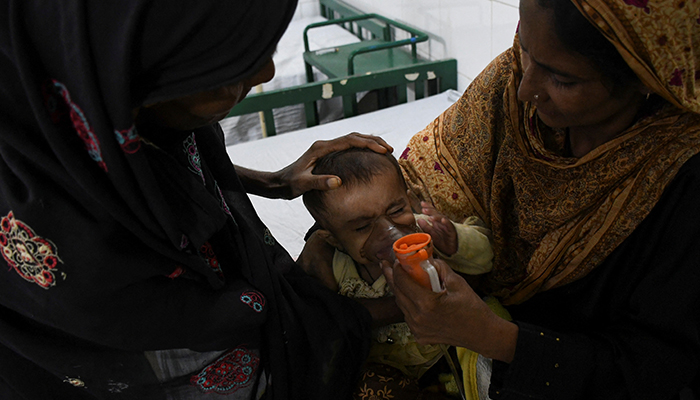
"We know it can sicken us, but what to do, we have to drink it to stay alive," flood victim Ghulam Rasool told local Geo News TV as he stood near where his home was washed away in southern Pakistan.
"The aid is slow to arrive," said Dr Farah Naureen, Mercy Corps' country director for Pakistan after visiting several submerged regions.
"We need to work in a coordinated manner to respond to their immediate needs," she said in a statement late Monday, prioritising clean drinking water. Health and nutrition stand out as the most important needs of the displaced population, she said.
The southern Sindh provincial government on Wednesday said makeshift health facilities and mobile camps in the flooded areas had treated more than 78,000 patients in the last 24 hours, and more than 2 million since July 1.
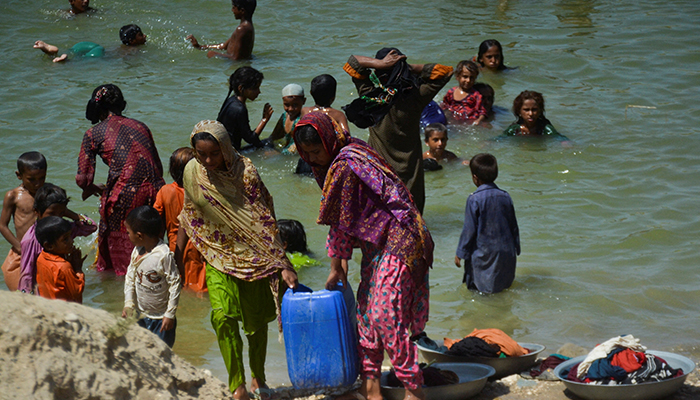
Out of them, six died, it said.
Deaths from diseases aren't among the 1,569 people who were killed in flash floods, including 555 children and 320 women, the country's disaster management agency said on Wednesday.
A historic and intense monsoon dumped about three times as much rain on Pakistan as the three-decade average, which, combined with glacial melt, caused unprecedented flooding.
The deluge has affected nearly 33 million people in the South Asian nation of 220 million, sweeping away homes, crops, bridges, roads and livestock in damages estimated at $30 billion.
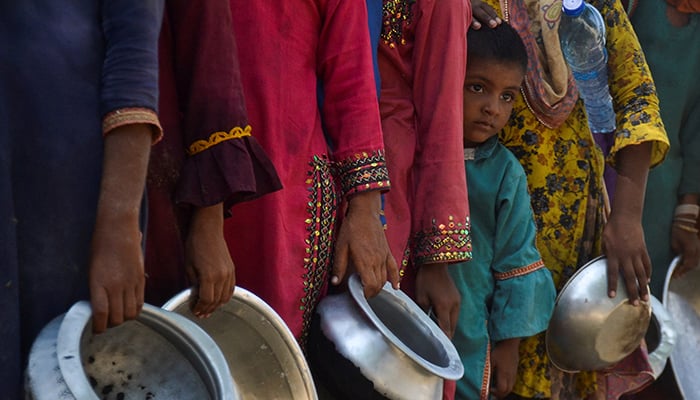
Officials are warning they now risk losing control of the spread of infections in a dire situation that the World Health Organisation (WHO) described as "utterly heartbreaking".
In a televised speech on the sidelines of the United Nations General Assembly (UNGA), Prime Minister Shehbaz Sharif said he took an overview of the flood situation.
In light of the briefings given to the premier, he said that it was imperative to donate nutrition packs for children, who are not getting enough to eat due to the devastation.
"Pakistan is facing its toughest time. The destruction in Pakistan is visible to the entire world," the premier said.





